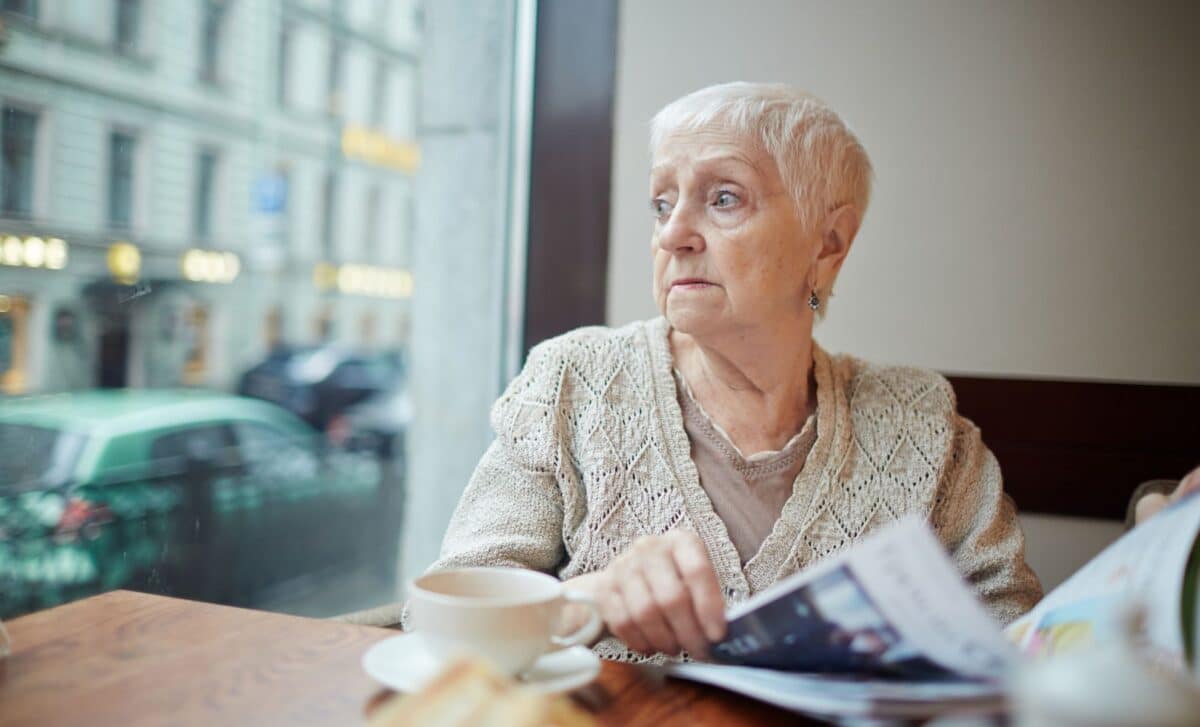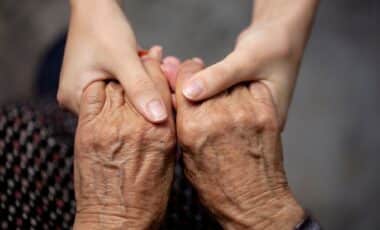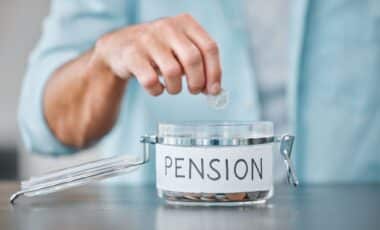The UK government is considering reinstating the winter fuel payment but with a significant change: it could be paid to individual pensioners rather than to households. This proposal comes amid growing debate on how best to support pensioners with energy costs while ensuring the payments are fairly distributed.
The idea, discussed by the Institute for Fiscal Studies (IFS), represents a shift from the current system where payments are made per household, regardless of the number of occupants. The new approach would allow payments based on individual income, potentially affecting how much couples receive compared with single pensioners.
Shifting to Individual Payments: Implications and Rationale
According to the IFS, paying the winter fuel payment to individuals instead of households would enable the government to apply an individual-level means test based on income tax records. This approach aims to target support more precisely to those with lower incomes.
Currently, the payment is made once per household, regardless of whether it is occupied by one or two pensioners. Under the suggested change, couples could receive two payments, one for each person, potentially increasing the total amount they receive.
The IFS notes this could lead to a transfer of funds from single pensioners to couples, who under the present system both receive the same total sum.
However, there are complexities. For instance, it remains unclear how the payment would be administered for pensioners who have very low incomes and pay no tax, complicating the means-testing process.
Political Reactions and Challenges Ahead
The proposal has surfaced in the context of political debate within the Labour Party, which had previously planned cuts to the winter fuel payment. Sir Keir Starmer’s recent statement about a possible U-turn on these cuts has drawn scrutiny.
Baroness Harriet Harman expressed doubts about the credibility of the claim that the government can now afford to reinstate the payments due to improved economic management.
She attributed the reconsideration largely to voter opposition during recent council and by-elections. According to her, the public reaction made it clear that pensioners and their supporters reject the proposed reductions.
“It’s always been contested and always been unpopular. But the final straw that broke the camel’s back was the elections. The council elections and the Runcorn by-election, where the voters were saying, ‘this is not the change we voted for’. Baroness Harman said.









